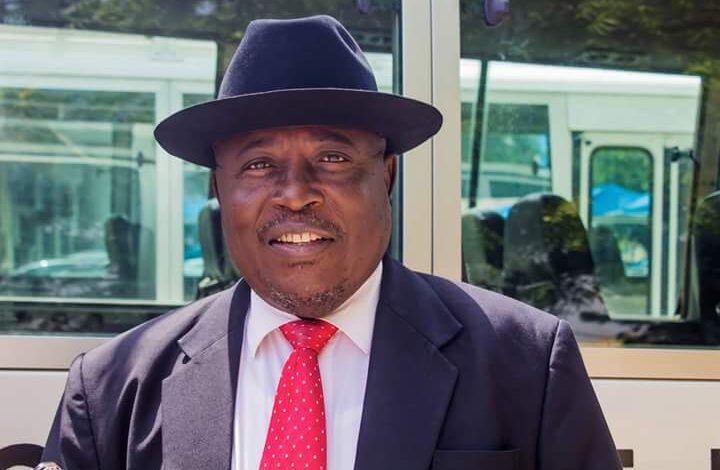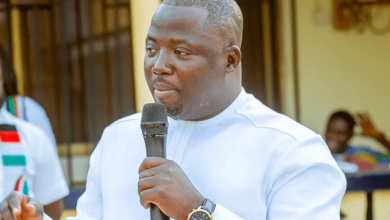Martin Amidu Calls Out Godfred Dame Over ‘in camera’ proceedings remark in CJ case

Former Special Prosecutor Martin Amidu has taken a firm swipe at former Attorney-General Godfred Yeboah Dame—whom he mockingly referred to as the “Telephone Man”—for what he describes as a misleading and disingenuous stance on the ongoing constitutional process involving Chief Justice Gertrude Torkornoo.
In an open letter sighted by MynewsGh, Amidu criticized Dame for suggesting that proceedings regarding the possible removal of the Chief Justice should be open to the public in the interest of transparency, due to the high level of public scrutiny the case has already attracted.
But Amidu argues that Dame’s position flies in the face of both constitutional clarity and established judicial precedent.
“It is interesting to hear and read a former Attorney-General… saying disingenuously and with tongue in cheek that he opposes calls for proceedings… to be held in camera on grounds of transparency,” Amidu stated, suggesting Dame was either playing to the gallery or knowingly ignoring the law.
Citing Article 146(8) of Ghana’s 1992 Constitution, Amidu emphasized that proceedings for the removal of Superior Court justices, including the Chief Justice, are constitutionally mandated to be held in camera—meaning privately, away from the public eye. The article reads:
“All proceedings under this article shall be held in camera, and the Justice or Chairman against whom the petition is made is entitled to be heard in his defence by himself or by a lawyer or other expert of his choice.”
Amidu was unequivocal: as a former Attorney-General, Dame ought to know better. He reminded readers that the Supreme Court has already ruled on this issue in at least three significant cases, most recently in Dery v. Tiger Eye PI and Others. In that decision, the Court stressed that the purpose of in-camera proceedings was to protect judicial integrity, safeguard the reputations of judges, and shield potential witnesses from reprisals.
Quoting the Court’s conclusion, Amidu noted: “The rights of the people were merely postponed for a time lest the purpose of Article 146(8) should be defeated… These clear constitutional provisions must be respected if the intent and purpose are not to be rendered nugatory.”
The former Special Prosecutor’s comments add another layer to the public debate surrounding the integrity and transparency of Ghana’s judiciary—especially at a time when the office of the Chief Justice is under intense scrutiny. His sharp critique of Dame, laced with sarcasm and legal references, underscores growing tension among Ghana’s legal elites over the handling of the case.




